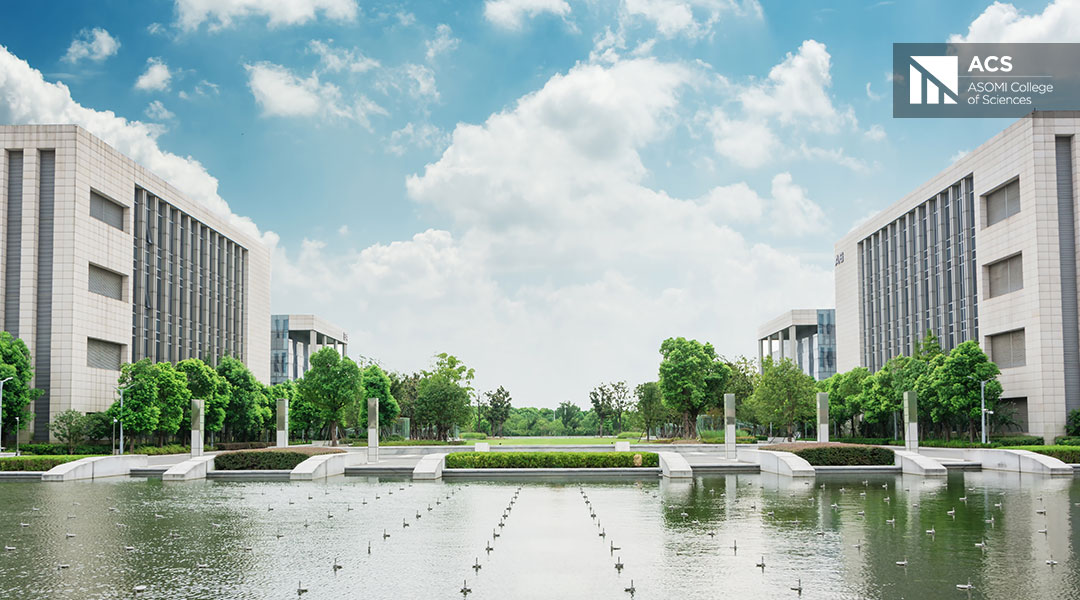Click to read more about sustainability in higher education
Higher education institutes should consider embedding sustainable development into their programs more than they have been doing so far. This is because higher education has been considered and still is responsible for making society more sustainable. Until now, in the higher education field, there has been too much concentration on specific projects, often aimed at making institutions gain public attention by partaking in several research works; in this way, the holistic perspective of development analysis is left aside. The economic, societal, cultural, and public impacts should be measured to evaluate the functioning of sustainable development projects in higher education. Besides, proper evaluation methods for measuring both long- and short-term impacts are needed. Higher education institutes often benefit from being engaged with sustainable development goals. Thus, to show their real ability to cope with emerging sustainable development problems, specific long- and short-term evaluation measures should be used to develop a more holistic perspective.

Nevertheless, it must be said that the entire society is expecting universities and colleges to solve, for instance, environmental sustainability problems. Still, the situation is not so easy as it seems. Greening the curriculum is, without a doubt, one of the main priorities in higher education. Besides, education for sustainability has caught a lot of public attention in the past years, especially after discovering the real reason behind climate warming: greenhouse gases caused by human impact. Afterwards, the general opinion has become more critical about environmental sustainability and its teaching. There are, although, some difficulties, higher education must face in this case. First, even if it is known that more academics should use their privileged positions for a good cause, academic freedom makes greening the curriculum and other similar activities voluntary. Moreover, academic staff and students are often accused of not giving priority to sustainability. But the fact is that in every higher education institute, some managerial groups and representatives take important decisions for academics and students. Thus, it should be not expected from people to push their college or university individually in specific directions. The education on sustainability, for instance, the environmental one, is under the sight of public opinion, which evaluates all the aspects of higher education critically. Nevertheless, it is not always easy for higher education institutions to solve sustainability issues smoothly.
On the other hand, what can be sone are some little changes from the inside. For instance, universities can transform students into better citizens since many students find a home in higher education. In contrast, many colleges and universities find professional values in their graduates. Besides, higher and adult education can lead the students towards sustainable living since, in colleges and universities, the teaching method is more student- rather than teacher-centred. Thus, universities and colleges are more likely to invite their students to think critically than other institutes. Courses and study programs aimed especially at sustainable development should be made; for example, the University of Bologna has an online free course that focuses on higher education for sustainable development goals. The course is completely online and free of charge. Moreover, ACS ASOMI College of Sciences has sustainable development at its heart. It aims to transform its college students into citizens committed to sustainable development. ACS ASOMI College of Sciences is engaged in collaborations, research projects, and different sustainable development initiatives.
There are some ways in which the holistic approach can be improved, for instance, by stimulating students’ critical thought or establishing courses and initiatives aimed to reach sustainable development goals. Higher education has its role to play in this and, even if it sometimes might be difficult, it is important for improving sustainability on different aspects.




